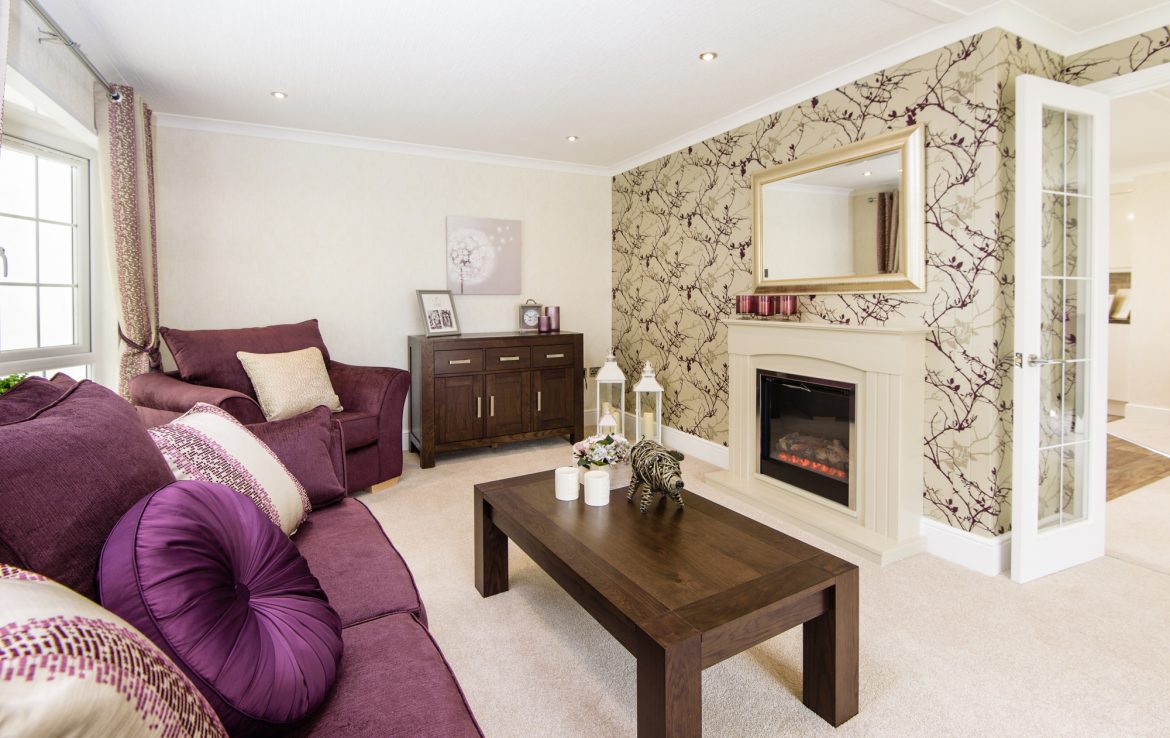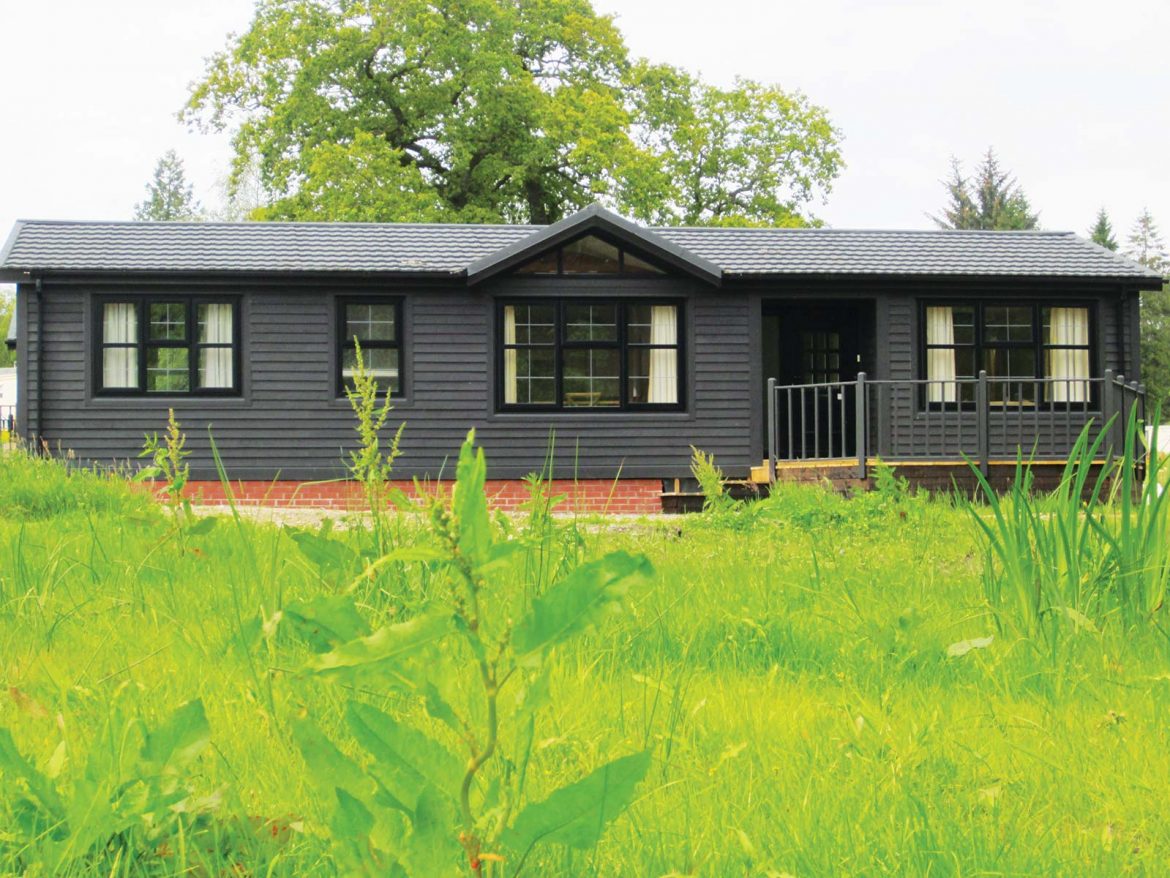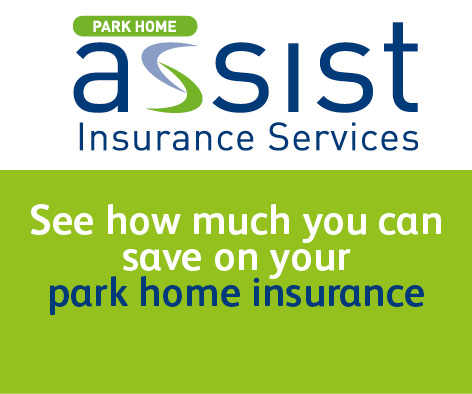How to Value Your Park Home | What is my Park Home Worth?
The value of a property is ultimately decided by you the seller, consider what you really want to achieve for your home, of course everyone all wants to get the most for their property, but at the end of the day you want to sell. Don’t lose a sale by being greedy, afterall the first person to view your property might have been the most likely to have bought it, but if you were pushing your luck in attaining the highest possible price, that person could then go and view a property which has been on the market for longer and therefore at a reduced price.
Let that bit of information sink in.
- There are a number of ways to decide what you’re going to value your property at;
- Ask any people who recently moved onto the park how much they paid for their property.
- Estate agents can often provide a valuation. Most of them even do this for free.
- Glance through property listing websites or park home magasines and look at estate agents’ windows for similar properties.
- Get the valuation of an estate agent. Even if you decide not to go through an estate agent you could still get the free valuations of a number of agents for your information. But remember most Estate Agents over value properties to get your business. An Estate Agent who values your property at £120,000 compared to the other who values it at £110,000 believes they are more likely to obtain your instruction as you would sell it for more but is likely to advise you to reduce the price in later months.
- Don’t forget that you can be competing for sales with your park owner who will be selling new homes and therefore consider what a new home costs compared to yours.





